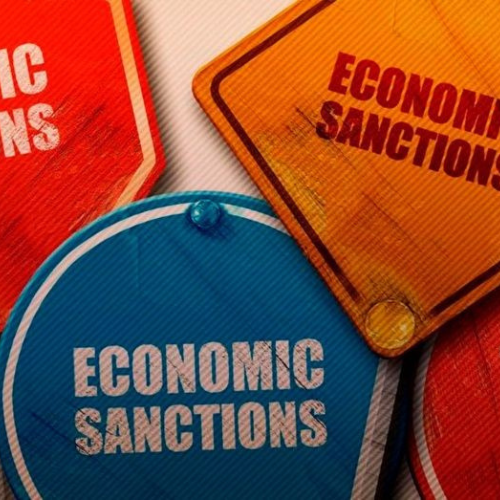Canada has taken a strong stand against alleged election misconduct in Venezuela. On Monday, Canada announced economic sanctions on five high-ranking Venezuelan officials, including the head of the country’s Supreme Court. These sanctions are Canada’s response to allegations of fraud in Venezuela’s controversial presidential election held in July. Both President Nicolás Maduro and opposition candidate Edmundo González claimed victory in the election, leading to political chaos in the country.
This move by Canada is not the first of its kind. It marks the fourth time Canada has imposed sanctions on individuals linked to Maduro’s government. The goal of these measures is to pressure Venezuela’s leadership to uphold democratic principles and stop human rights abuses, especially against protesters, journalists, and opposition leaders.
Who Are the Sanctioned Officials?
The sanctions target five key Venezuelan officials who are accused of playing roles in the disputed election. Among them is the head of Venezuela’s Supreme Court, along with two judges, a prosecutor, and a member of the electoral body. These individuals have been accused of enabling alleged fraud in the election, which many believe was manipulated in favor of Maduro.
Canadian Foreign Affairs Minister Mélanie Joly announced the sanctions and stated that Canada will not ignore what she called attacks on democracy in Venezuela. She emphasized that these officials have contributed to the erosion of democratic processes in the country. The sanctions freeze any assets these individuals might have in Canada and bar them from doing business with Canadians.
Election Dispute and Opposition’s Claims
The July 28 presidential election has become one of Venezuela’s most controversial in years. Shortly after the polls closed, Venezuela’s National Electoral Council declared Maduro the winner. However, unlike in previous elections, the council did not release detailed vote counts. This lack of transparency fueled suspicion and sparked outrage among opposition groups and international observers.
Canada Targets Chinese Officials with Sanctions for Human Rights Violations
The opposition, led by Maria Corina Machado, took matters into their own hands. They gathered vote tallies from 80% of the country’s electronic voting machines and published the results online. According to these records, opposition candidate Edmundo González had twice as many votes as Maduro.
The opposition’s findings led to global criticism of the election process, with many accusing the government of rigging the results. In response to this backlash, Maduro called for an audit by Venezuela’s Supreme Court. However, critics argue that the court, which is filled with Maduro loyalists, simply confirmed his victory without addressing the opposition’s evidence.
International Condemnation and Canada’s Response
Canada’s sanctions come amidst growing international condemnation of Venezuela’s political crisis. Many countries and organizations have criticized the lack of transparency in the election and called for an independent review of the results.
In announcing the sanctions, Minister Joly delivered a clear message: Canada will not tolerate actions that undermine the democratic will of the Venezuelan people. She also highlighted the need for Venezuelans to find a peaceful solution to the crisis.
Maduro’s government has dismissed the sanctions as unjust and labeled them as an attempt to interfere in Venezuela’s internal affairs. In a statement, the government called Canada’s actions “extortionate measures” and said they would fail to pressure the country into changing its policies.
Canada’s latest sanctions add to the pressure Maduro’s administration is already facing from other countries and international organizations. For now, these measures focus on holding key officials accountable for their roles in what many see as a deeply flawed election process.
While Venezuela’s government continues to reject the accusations and condemn international actions, the sanctions serve as a reminder of Canada’s commitment to defending democracy and human rights worldwide.


